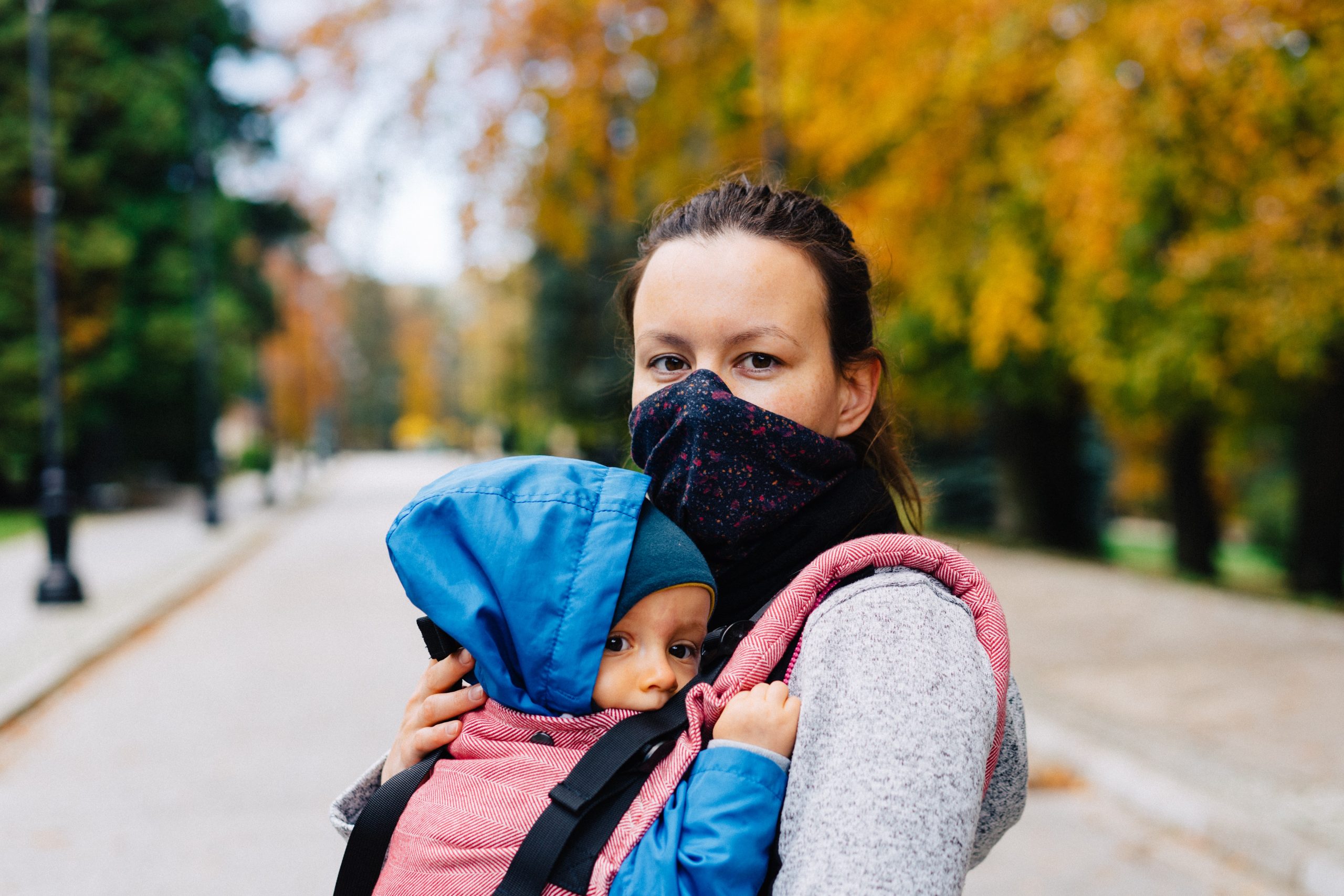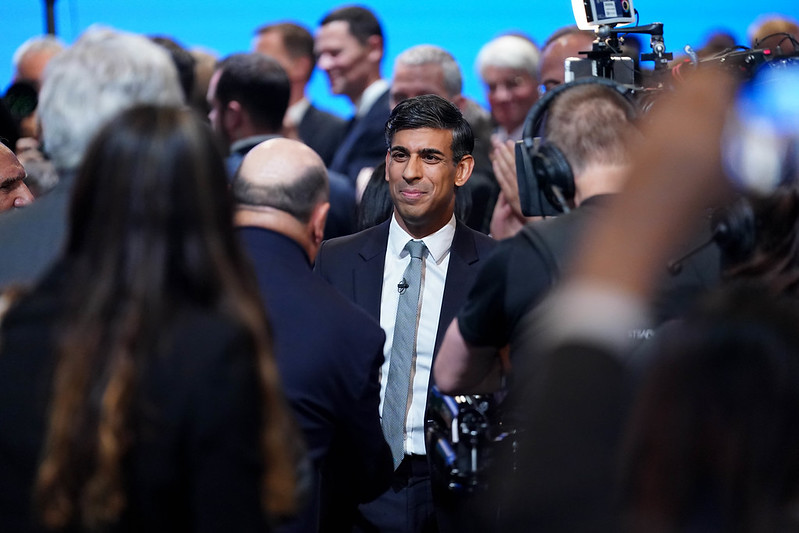Almost 2.6 million people living in the UK at the end of 2022 held visas that, while valid, in most circumstances would deny them access to welfare – an increase of over 1 million in just two years, from just under 1.5 million in 2020, according to new research from the Migration Observatory at the University of Oxford.
A new briefing, Deprivation and the no recourse to public funds (NRPF) condition, produced with the support of the abrdn Financial Fairness Trust, shows a large increase in people who have the “no recourse to public funds” (or NRPF) condition attached to their visa.
The NRPF condition is attached to most temporary visas issued for study, work or family reunification and is intended to limit public expenditure and encourage self-sufficiency among non-citizens by preventing them from relying on state support. However, the condition does not apply to refugees or people who have entered the UK under the schemes set up to protect those fleeing the Russian invasion of Ukraine.
The increase in the number of visa holders with NRPF results from higher-than-average levels of immigration in 2021 and 2022. The figures do not include unauthorised migrants, whose numbers are not known, nor do they include British children who are indirectly affected if their parents have the NRPF condition imposed, as these children cannot apply for benefits in their own right.
Dr Marina Fernandez Reino, senior researcher at the Migration Observatory at the University of Oxford, and co-author of the briefing, said: “The NRPF condition isn’t, in itself, a sign that someone faces poverty. Many of those with NRPF will be financially secure with no need for benefits or housing assistance. However, some are more vulnerable to economic insecurity, and the growth of the NRPF population means that the risk some people will fall into poverty is likely to be greater.” Many UK visas also have financial requirements that exclude people on the lowest incomes from coming to the UK.
Under the post-Brexit immigration system, there are substantial numbers of work visa holders on relatively low wages, because people working in shortage occupations – such as care work – can receive salaries as low as £20,960 per year. Someone earning this amount, who also had children, would often be eligible for substantial in-work benefits – if they were permitted access to public funds.
For example, a British single parent with one child, on a care worker salary of £20,960, would typically be eligible for more than £200 per week in financial support. The data confirms that recently arrived non-EU citizens – i.e. the group that is most likely to have the NRPF condition attached to their visa – are much less likely to receive benefits than UK citizens, or non-EU citizens who have lived in the UK for longer. For example, around half of unemployed UK citizens reported receiving some form of welfare benefit in 2019–21, compared to 21% of non-EU citizens who had lived in the UK for less than five years.
Mihnea Cuibus, researcher at the Migration Observatory, said: “Recently arrived non-EU migrants are much less likely than UK citizens to receive benefits or housing assistance. The NRPF condition will not be the only factor behind this, but the data suggest that it is having some impact on recently arrived low-income families.”
At the time of the 2021 England and Wales census, almost 100,000 of recently arrived migrants, most of whom are expected to have the NRPF condition attached to their visa, lived in economically vulnerable households (where all working-age adults are inactive, unemployed, or in low or low–medium skilled jobs) with dependent children. Families with these characteristics are more likely to receive benefits, but only where they have access to public funds.
Some people with the status “limited leave to remain” can request that the Home Office lifts the NRPF condition from their visa if they face destitution, through a process known as “change of conditions”. However, only those with specific types of visas are eligible to apply, including people with visas issued for family or human rights grounds, and Hong Kong British National (Overseas) status holders. The data evidenced in the new briefing shows that only a tiny fraction of people have succeeded in having the NRPF condition lifted – around 2,500 per year post-pandemic.
Mubin Haq, chief executive of the abrdn Financial Fairness Trust, said: “During an intense squeeze on living standards, we have seen record growth in the numbers unable to access our social security safety net. Even if only a small share of them fell into difficulties, this would mean a significant number of people facing profound hardship.”
At the end of 2022, the top nationalities in visa categories with NRPF were India (665,000), China (316,000), Nigeria (268,000), Pakistan (147,000) and Hong Kong (121,000). EU citizens who moved to the UK after 31 December 2020 under the new immigration system (84,000) also have the NRPF condition attached to their status.





